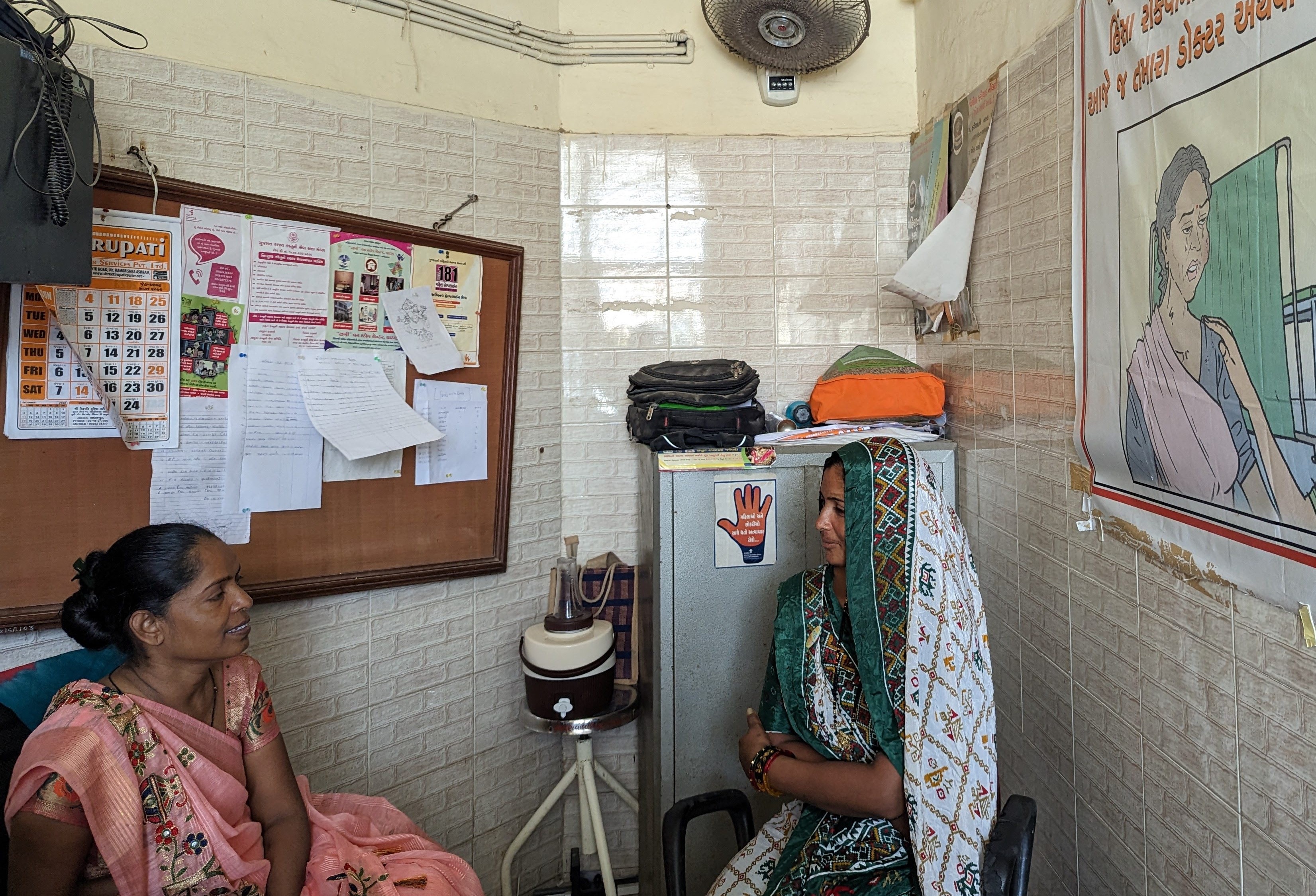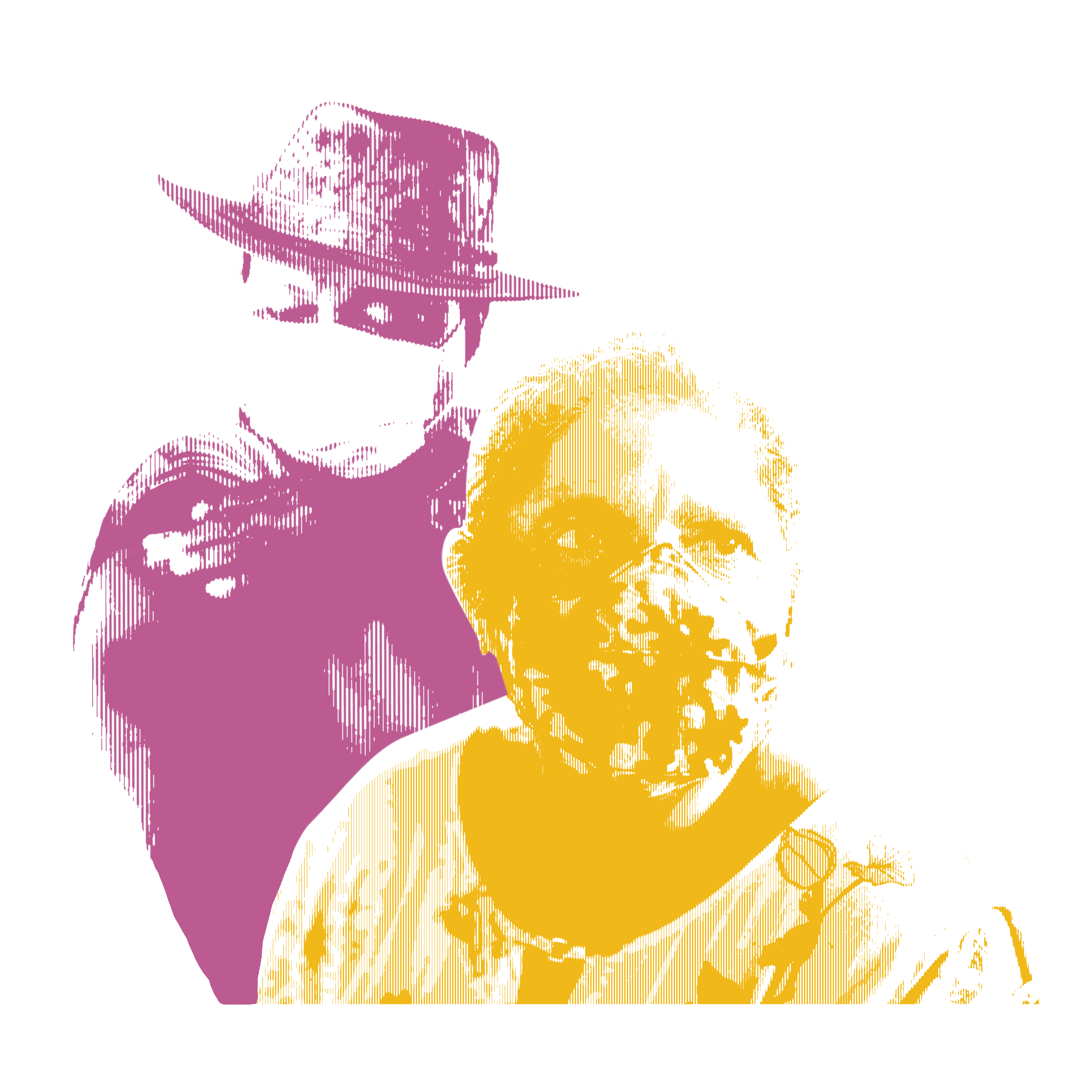This December we mark 11 years of the gang rape and death of Jyoti Singh—or Nirbhaya. As a response to the Delhi 2012 incident, the government started the Nirbhaya Fund and Nirbhaya Centres across the country. In this episode, we look at what women want versus what they get.
Today, there are over 733 Nirbhaya Centres—or One-Stop Crisis Centres—across India; one in every district. However, these centres rarely function as hospital-based crisis centres. They often operate in parallel with the police rather than in coordination with the hospitals. Experts say this is a missed opportunity, as hospitals—not the police—are the first point of contact for survivors. Hospitals are safe spaces and women are more likely to reach out for help there.
In this episode, journalist Mahima Jain visits the One-Stop Crisis Centre inside the District Women’s Hospital in Akola, Maharashtra. This centre has used its position as an opportunity to help violence survivors. With the help of its (now former) Medical Superintendent, Dr. Arati Kulwal, this Nirbhaya Centre works with the hospital staff to identify survivors and help them. The hospital staff, too, was trained to identify signs and symptoms of gender-based violence. Is it time to relook how Nirbhaya Centres function? Let’s listen to how Akola’s One-Stop Crisis Centre works, and the lessons all Nirbhaya Centres can learn from it.

As a nonprofit journalism organization, we depend on your support to fund more than 170 reporting projects every year on critical global and local issues. Donate any amount today to become a Pulitzer Center Champion and receive exclusive benefits!










